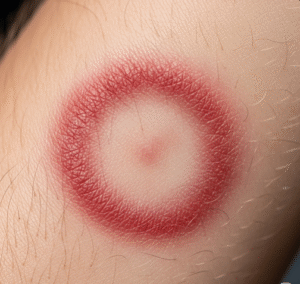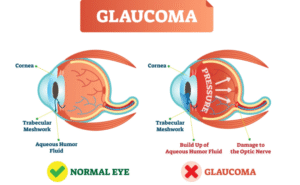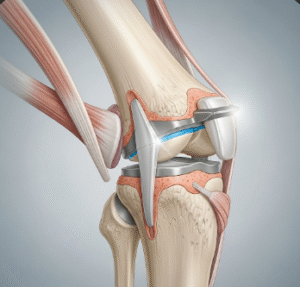Overview
Stomach ulcers, also known as gastric ulcers, are painful sores that develop in the lining of the stomach. They are a common gastrointestinal condition in Korea, often associated with Helicobacter pylori (H. pylori) infection or excessive use of certain medications. Due to Korea’s dietary habits, stress levels, and high rates of H. pylori infection, stomach ulcers remain a significant health concern.
What is Stomach Ulcer?
A stomach ulcer is a type of peptic ulcer disease (PUD), characterized by the erosion of the stomach lining due to damage caused by stomach acid and pepsin. When the protective mucosal barrier is weakened, acid can create painful sores that may lead to complications if untreated.
Symptoms
- Burning stomach pain, especially between meals or at night
- Bloating or feeling full quickly
- Nausea or vomiting
- Loss of appetite
- Weight loss
- Dark or bloody stools (in severe cases)
- Vomiting blood or material that looks like coffee grounds
Causes
- Helicobacter pylori infection – the most common cause in Korea
- Long-term use of NSAIDs (e.g., ibuprofen, aspirin)
- Excess stomach acid production
- Smoking and alcohol use
- High-stress lifestyle
- Spicy or irritant foods (may worsen symptoms, not direct cause)
Risk Factors
- Korean diet with high spice and fermented foods (may aggravate symptoms)
- Frequent use of painkillers
- Family history of ulcers
- Smoking and heavy drinking
- Chronic stress
- Existing liver, kidney, or lung disease
Complications
- Bleeding ulcers
- Perforation (hole in the stomach wall)
- Gastric outlet obstruction (blockage due to inflammation or scarring)
- Increased risk of stomach cancer (especially with chronic H. pylori infection)
Prevention
- Treat H. pylori infections promptly
- Limit use of NSAIDs; use under medical supervision
- Avoid smoking and excessive alcohol
- Reduce stress through mindfulness or therapy
- Maintain a balanced diet and avoid irritant foods if symptomatic
- Regular checkups if you have a family history of ulcers or digestive diseases
Treatment Options in Korea
Korea has a strong healthcare infrastructure for gastrointestinal disorders, including stomach ulcers. Treatments include:
- Antibiotics to treat H. pylori infection
- Proton pump inhibitors (PPIs) like omeprazole to reduce acid
- H2-receptor antagonists to lower acid production
- Antacids to neutralize stomach acid
- Endoscopy to diagnose and monitor ulcers
- Surgical intervention in rare, severe cases













